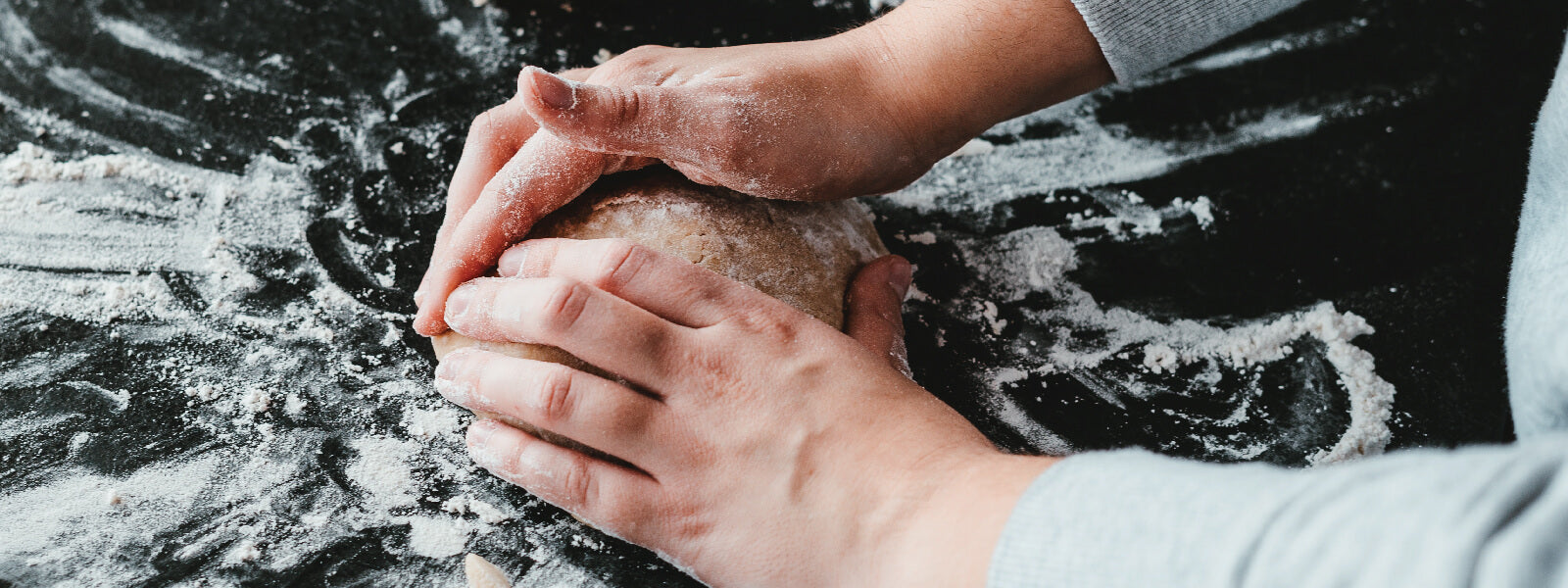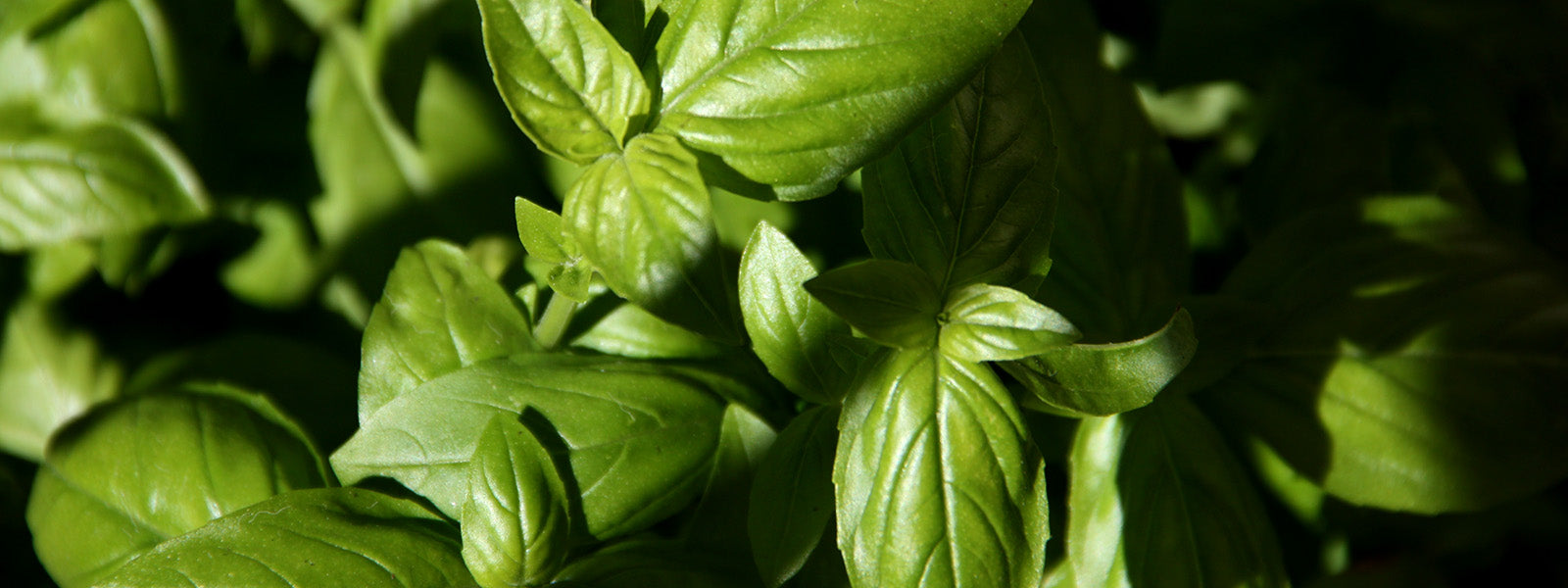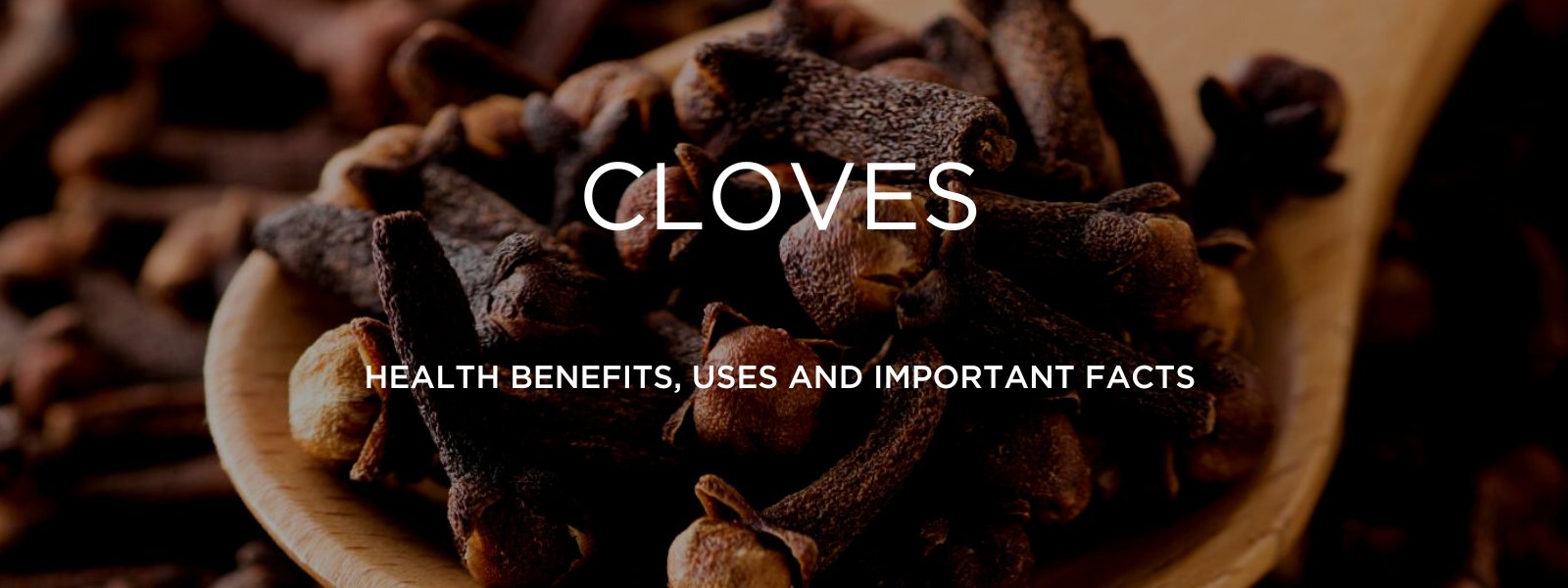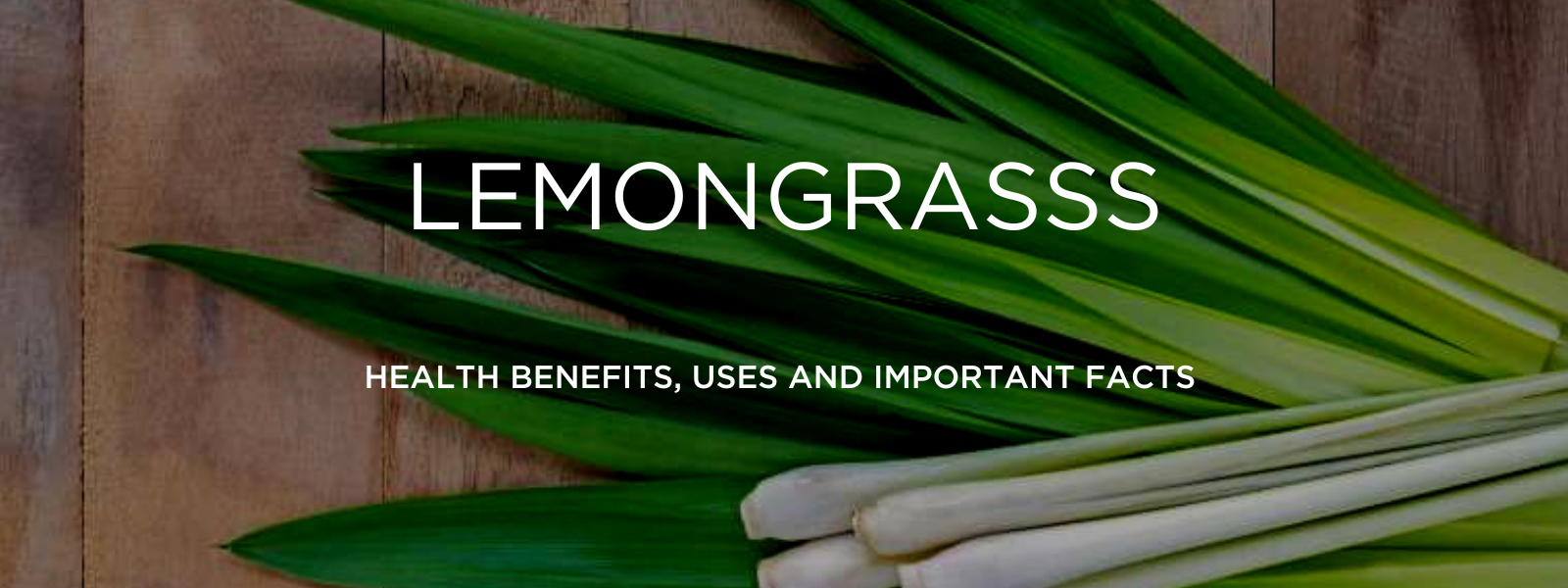The neem tree, Azadirachta indica, has a well-deserved reputation as the most effective medical plant in the world. In Ayurveda, the neem tree is referred to as nature's pharmacy. The tree is mostly found in the Indian subcontinent, but it is now being grown in similar regions around the globe as people start to realise how helpful it is.
Traditional Asian medicine has long used various portions of this tree. Historically, it has been used to alleviate pain, fever, and infection, white its twigs have been used to clean teeth. Medicine is made from the seeds, bark, and leaves. The fruit, flower, and root are also used occasionally.
Table of Contents
Use of different parts of neem:
Different parts of the neem tree can be used for different purposes. The oil, for example, is effective as a pest repellent against sand fleas and mosquitoes.
Neem leaf is used to treat a variety of conditions, including leprosy, bloody noses, intestinal worms, stomach trouble, appetite loss, skin ulcers, cardiovascular illness, fever, diabetes, gingivitis, and liver issues. Additionally, the leaf is used to induce abortions and reduce fertility.
Malaria, stomach and intestinal ulcers, skin conditions, discomfort, and fever can all be treated with the bark. The flower is used for lowering bile, regulating phlegm, and curing intestinal worms.
The neem tree's bloom is a well-known antiseptic that, when taken, can purify the body. This is one of the explanations for why some recipes in southern Indian cuisine use neem flowers. For instance, a special meal called Ugadi Pachadi, prepared from jaggery and neem leaves, is served during the celebration of the traditional New Year in the Indian states of Andhra Pradesh, Telangana, and Karnataka. Neem flowers are regarded as cooling in Ayurveda, which suggests using them in summer recipes to combat the heat.
Health Benefits of Neem
Helps you fight against cancer:
Neem has a wealth of amazing medical advantages, but one of the most significant is that it eradicates malignant cells. Everybody possesses malignant cells, although they are typically dispersed throughout the body. However, they will become organised if specific conditions are created in the body. It is not a problem as long as these cells are lazing around by themselves. It becomes a problem if they all congregate in one location and get along. This resembles the transition from small-time to organised crime. It is a significant issue. Neem keeps the amount of malignant cells in the body below a particular threshold, preventing them from congregating and attacking your system, if you take it daily.
Destroys harmful bacteria:
Our body contains more microbes than you can possibly fathom. The majority of these bacteria are beneficial. However, some germs can harm you. Your body constantly spends energy to manage these bacteria. You will feel "down" if there are too many bacteria present since your defence mechanism needs to work too hard to combat them. You can control these germs so that they don't overgrow and your body doesn't have to expend too much energy fighting them by using neem both internally and externally. Neem will kill the bothersome bacteria in the digestive area if you consume a particular amount of it every day, and your colon will typically stay clean and infection-free as a result.
Clears skin:
Most people have some minor skin troubles, however neem body wash makes your skin clear and bright. Neem paste works well as an antibacterial cleaner if you apply it to your body before taking a bath, let it dry for a while, and then wash it off with water. As an alternative, you might take a morning bath in water that has been infused with a few neem leaves.
Other uses:
- Goodbye dandruff: Boil a handful of neem leaves till the water becomes green, then let it cool. After shampooing your hair, clean it with this water.
- Wound healer: Make a paste out of the neem leaves and dab it on your wounds or insect stings many times daily until it cures.
- Eye Trouble: Boil some neem leaves, let the water cool fully, and then use it to wash your eyes. This will alleviate any inflammation, fatigue, or redness.
- Ear ailments: Neem leaves can be blended with honey for ear conditions. Apply a few drops of this mixture to any boils inside the ears.
- Other skin conditions: Itching, eczema, ringworms, and some moderate skin ailments can also be treated with a paste made of neem leaves and turmeric.
- Immunity booster: To boost your immunity, crush some neem leaves and drink a glass of water with them.
Benefits of neem juice:
Neem juice can be consumed to help reboot and rearrange the digestive system. Additionally, it dramatically speeds up metabolism. The bitter neem is effective at reducing body fat when taken as juice. Additionally, it improves the body's excretion mechanism and aids in colon cleansing. Because neem contains large amounts of anti-bacterial and antiseptic enzymes, it also purifies the blood by eradicating unwelcome bacterial development. Neem juice is one of the healthiest juices to drink as a result of all these factors. Doctors advise using moderation when ingesting neem juice because research has not yet determined the exact amount that can be considered excessive.
Benefits of neem powder:
Neem is also available in powdered form, and as it has a long shelf life, it is perfect for travelling with. The ability to more easily get neem in regions of the world where the neem tree does not grow is another benefit of powdering neem. Neem leaf powder can be used both internally as well as applied externally to the skin. By simply letting the neem leaves dry in the sun and grinding them into a fine powder, neem leaves may be powdered at home.
FAQs on Neem:
Q: How can you eat neem leaves without getting sick of the bitter taste?
A: To combat the bitter taste, it's a good idea to combine neem leaves with honey or to consume neem leaves boiled in water on an empty stomach. Try soaking the neem leaves in water for five minutes and then pulverising them into a paste if that does not work. To make it a much more pleasant drink that is simple to swallow first thing in the morning, add water, lemon, and sugar to the mixture. To avoid having to deal with its harsh flavour when taking it, you can even create hot tea from dried neem leaves.
Q: What is the daily safe allowance for neem leaf consumption?
- Daily consumption of 4-5 neem leaves on an empty stomach is safe. However, it is advised to only utilise this technique for a limited time (up to 10 weeks), as long-term excessive dose consumption can negatively impact your kidney and liver.
Q: Can eating neem leaves on an empty stomach help you lose weight?
- Neem leaf juice, which also contains honey and lemon, is frequently believed to aid in weight loss. Neem leaf juice should be consumed on an empty stomach. The fact that neem can aid in detoxification and metabolic enhancement gives rise to this notion. This helps digestion work more efficiently so that trash is swiftly eliminated rather than gathering fat from it. So certainly, you can better manage your weight with a combination of a healthy diet, exercise, and a morning neem drink.









Leave a comment